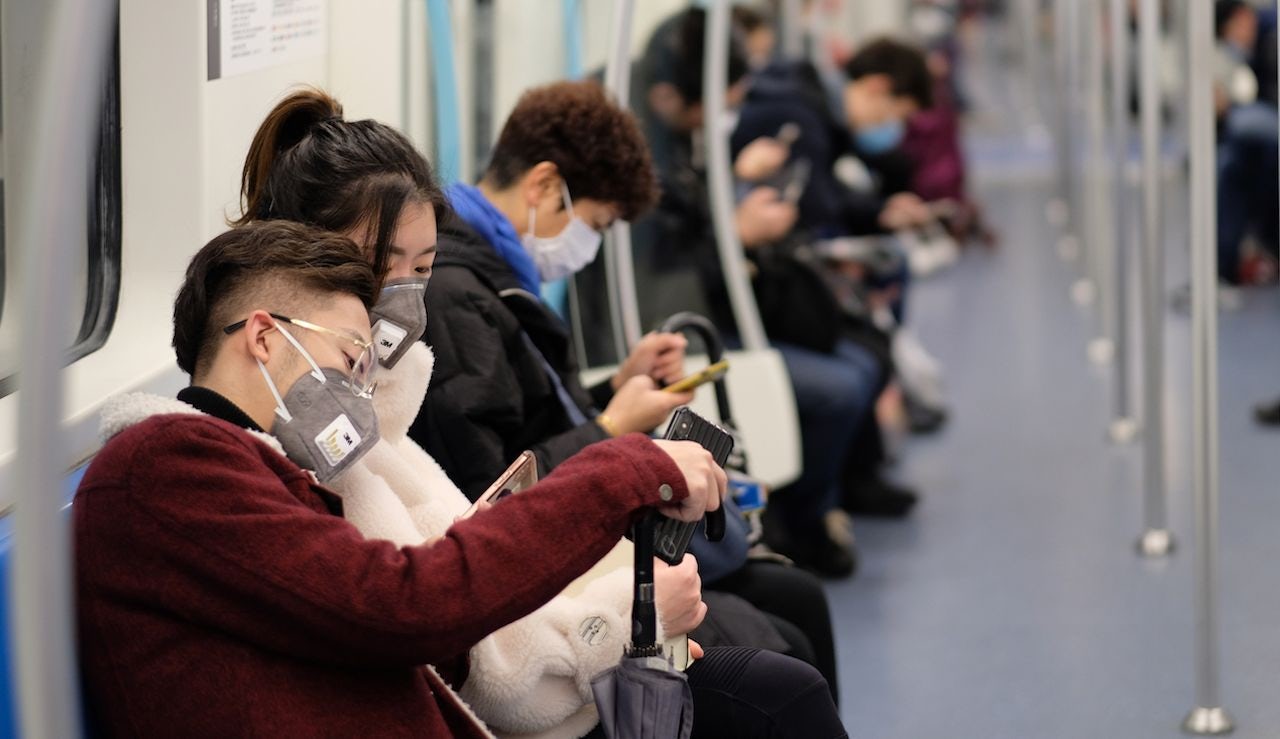When I was standing in front of the three giant screens playing a Dior advertisement in Pudong Airport in Shanghai at the end of January, there were five other people around. If only brands would have known then the OTC during this Chinese New Year — usually is the busiest time of year. No one predicted this, and no one could have: People quarantined at home, cities locked down, and business paused. Understandably, brands are temporarily closing down their stores in China; however, it puzzles me that brands are not doing more at this time to grow their online community.
It seems like a standard practice that when crises like these happen, brands donate money but generally keep quiet in marketing communications until things are back to normal. We know that brands don't want to be seen as trying to take advantage of a crisis — it's far better to play it safe than get it wrong. However, with social media now an essential tool for fashion companies, marketing is about developing a relationship between them and their consumer; it’s forging a brand's community. If you have nothing to say during crises, you are doing community building wrong.
With most people quarantined in their apartments, social media has been rife with news, advice, distractions and warnings, but also alive with gags and humour: How many grains of rice in your cupboard? How many birds have flown past your window? People are sharing silly counting games to pass the time and it is heartwarming to see that people still have a sense of humour in the face of fear. This is the positive side of social media, which for all its ills, helps people connect digitally when they're physically separated.
But this is a time of great possibility for companies and brands in China. They should be using it to better connect with their online community. This is a no brainer. At the moment, followers are active online all the time and are, frankly, bored. They are looking for stuff to do, content to consume. I’m saddened to see that most luxury brands during this time have stayed silent — a safe approach that made sense in a time before social media marketing.
Some brands did get it right though: Lululemon's response to the crisis in China has been pitch-perfect. It arranged live-streamed yoga classes run by yoga instructors across the country giving those cooped up at home some respite in a perfectly on-brand way. Nike did a similar thing, curating online work-out classes on the Nike Training Club app — ideal for limited indoor space.
Creating a digital community shouldn't seem forced, but it’s important at such times can’t be underestimated. Luxury brands know better than anyone else that it is crucial to cultivate brand followers for long term gains. A community is not just a group to receive messages passively; companies and their followers are in it together. Community building should be about brands understanding what their customers want.
Look inwardly at your brand, the lifestyle your brands represent, the story beyond products. Knowing their current situation, is there anything you could offer your audience? If not, is there anything you could say to them? It can be simple: Louis Vuitton made a post with one line saying “Paused for now, our journey will start again.” It was appropriate, thoughtful and on-brand.
Fendi posted a letter on WeChat to their followers from their CEO, Serge Brunschwig, showing its support and encouraging customers to stay positive. It is a nice touch, straightforward and uncomplicated, genuine and human. It shows the brand cares. And, this is the basis of any good relationship and the foundation of cultivating a loyal brand community.
Seeing many luxury brands and groups predicting revenue hits because of coronavirus is a reminder of the new importance of the Chinese consumer. But, these consumers are more than the numbers in the annual financial reports. I'm not arguing that delivering ROI, i.e. sales, isn’t vital in marketing but treating your Chinese audience as human beings — rather than acquisitions or credit card swiping robots - is the only way to achieve sustainable financial growth.
Of course, during this particular outbreak, shopping for luxury goods is certainly not a priority for Chinese people. If we take the upcoming Valentine's Day (a Western event now firmly on the Chinese calendar), romantic date nights are not on the agenda this year. Moreover, posting carefully curated Valentine's day looks or gift guides seems at odds with the community's needs right now.
Consumers will be interested in shopping again — hopefully soon. But for now, brands need to connect with them even more acutely, share their current challengings and show their support and that they care. This way, you could have a community of not just one-time shoppers but long-term brand followers.
Trying times often cause those going through an experience to form close bonds and the local Chinese community spirit on mainland China is at an all-time high. The night before I left my home in China and returned to London, our neighbour knocked on the door and gave us some fresh vegetables and fruit. He had been out to the supermarket and took it upon himself to pick up food for neighbours in the complex simply because fewer trips out meant less risk for all.
Now is not the best time for brands to drive sales. But it is an opportunity to cultivate online community building as this will create values for years to come.

